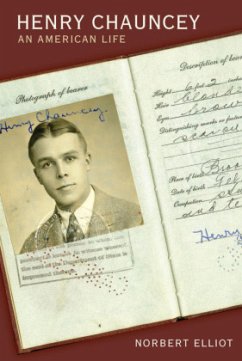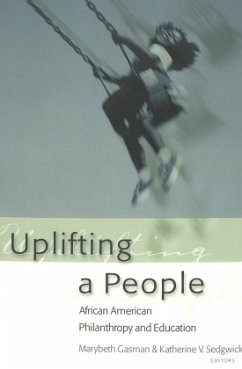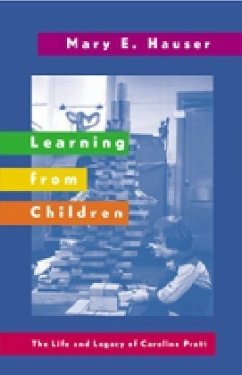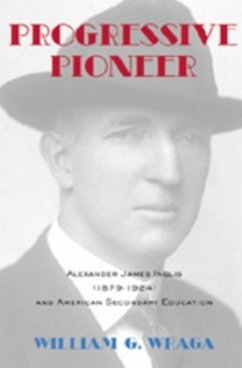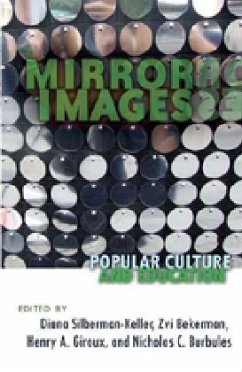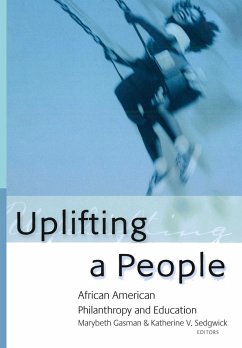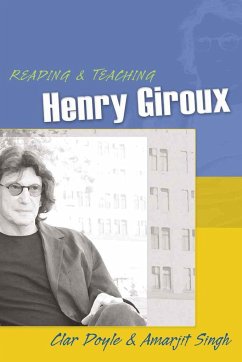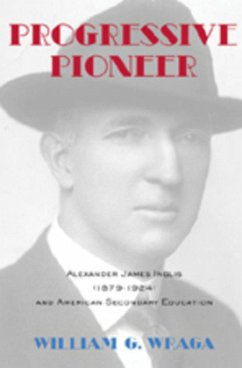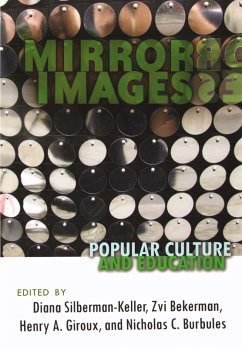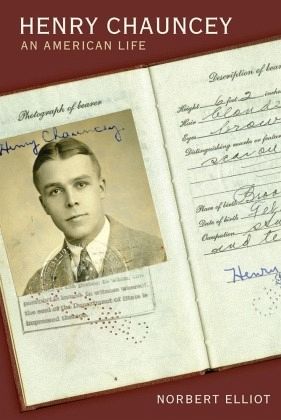
Henry Chauncey
An American Life
Versandkostenfrei!
Versandfertig in 6-10 Tagen
197,50 €
inkl. MwSt.
Weitere Ausgaben:

PAYBACK Punkte
0 °P sammeln!
A leader in twentieth-century education, Henry Chauncey (1905-2002) introduced large-scale assessment into the lives of individual Americans. This first full-length educational biography examines Chauncey's education at Groton School, Ohio State University, and Harvard College, his position as a teacher at William Penn Charter School, and his role as founding president of the Educational Testing Service. Documenting a career extending from the Great Depression through the end of the Cold War, this book provides an interpretative history of educational measurement through the careers of Chaunce...
A leader in twentieth-century education, Henry Chauncey (1905-2002) introduced large-scale assessment into the lives of individual Americans. This first full-length educational biography examines Chauncey's education at Groton School, Ohio State University, and Harvard College, his position as a teacher at William Penn Charter School, and his role as founding president of the Educational Testing Service. Documenting a career extending from the Great Depression through the end of the Cold War, this book provides an interpretative history of educational measurement through the careers of Chauncey and his contemporaries. As researcher, administrator, and writer, Chauncey dealt with topics central to the history of schools and schooling: the role of accountability in education; the value of individual difference; the identification of talent; the necessity of international perspectives; the resonance between technology and learning; and the impulse for social justice. This biography provides insight into the multidisciplinary factors that shaped the social enterprise of American education.




